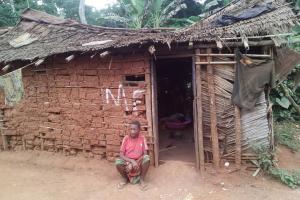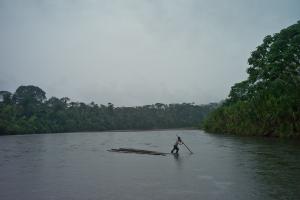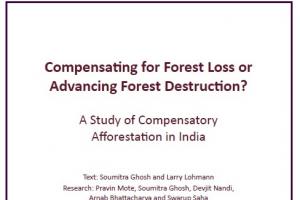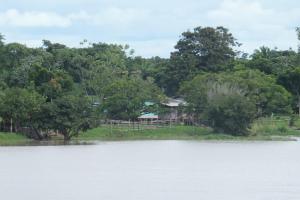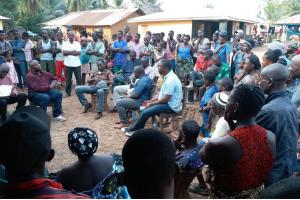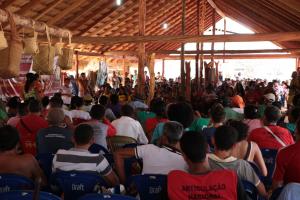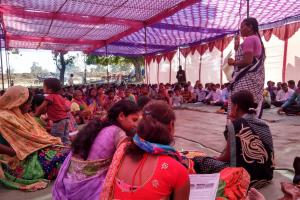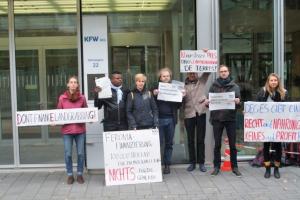Legal Land Theft
In most countries with tropical forests, governments uphold the colonial legacy that declared the State to be the owner of forest lands. This has enabled governments to legally grant land to private investors, often violating communities' customary ownership of the land. As a result, corporate activities that destroy forests continue to expand.
Indigenous peoples in Cameroon are not only seeing their lands threatened due to strong pressure from corporate and state investors, but they also face a discriminatory justice system that blames and criminalizes them.
REDD+ has shown to be a big failure for the climate, the forests and forest peoples, but many international agencies and governments continue to support it. This article takes a look at its inability to halt deforestation and the fundamental flaws of its main initiatives.
This study looks at how Compensatory Afforestation is accelerating both, the destruction of forests in India by big corporations and the appropriation of community land for the supposed compensation.
Despite the government of Brazil announcing cutbacks to action against deforestation, the Green Climate Fund awarded US$ 96 million for alleged emission reductions in the Brazilian Amazon. These avoided emissions in part exist only on paper.
This report, released on January 29th 2019, was made by human rights defenders in Sierra Leone, concerned for the detention of activists and the death of two people who sustained gunshots from allegedly the state security personnel acting to protect SOCFIN on January 21th 2019
WRM spoke with Kum’tum, an indigenous man from the Akroá-Gamela people of Brazil. These are his reflections about their history and the current collective process that aims to rediscover and recover their roots, after having been dispossessed of their territory and community. (Available in Swahili).
Village assemblies in Korchi, along with resistance against mining, are actively engaged in reimagining and reconstructing local governance. Women’s collectives have also started to assert their voice in these emerging decision-making spaces. (Available in Swahili).
A compilation of articles from the World Rainforest Movement Bulletin on the occasion of the 14th meeting of the Conference of the Parties to the Convention on Biological Diversity (CBD), to be held 17 - 29 November, in Sharm El-Sheikh, Egypt.
Nine communities from the DR Congo took a historic step this week by filing a complaint with the complaints mechanism of the German development bank (Deutsche Investitions- und Entwicklungsgesellschaft – DEG)
